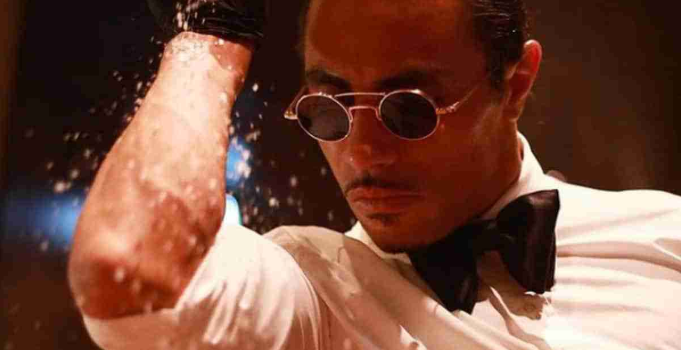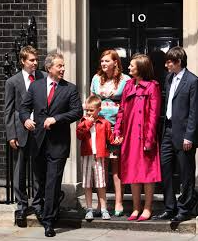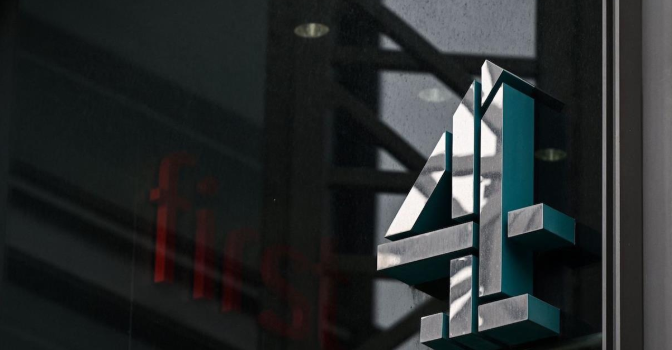
Discover the Best Gadgets to Improve Skin Health with Light Therapy
The skincare industry continues to evolve, with LED face masks leading the way in innovative treatments for at-home use. These high-tech devices, incorporating advanced technologies like near-infrared and acne-targeting blue light, have become increasingly popular due to their impressive benefits for the skin. While many of us have established solid daily skincare routines with essentials like SPF, moisturisers, and cleansers, LED masks offer a cutting-edge option for those looking to go beyond the basics.
Although these masks may not be “must-haves” for everyone, they’re widely regarded for delivering noticeable improvements in skin health. According to Dr Nyla, a renowned skin specialist and founder of Dr Nyla Medispa Clinics, LED face masks can significantly brighten the skin, reduce fine lines, lighten dark spots, combat acne, improve skin elasticity, and even control oil production.
LED masks use different wavelengths of light, each offering specific benefits. These masks can be used between three to five times a week for around 20 minutes per session, though it’s essential to follow the manufacturer’s instructions for optimal results. Red light is commonly used for anti-ageing purposes, promoting collagen production and boosting skin elasticity. On the other hand, blue light targets excess oil and acne-causing bacteria. Other colours, like yellow and purple, help with reducing redness and calming inflammation.
Given their effectiveness, these masks don’t come cheap, so it’s important to choose wisely. To help you make an informed decision, we’ve tested a selection of the best LED face masks available on the market. Our expert tester evaluated ease of use, comfort, range of settings, and results over a period of three months. Below are the top-rated LED masks for 2024:
Best Overall: CurrentBody Skin LED Light Therapy Face Mask – £299 (Amazon.co.uk)
Best Budget Option: Sensse Professional LED Face Mask – £139.99 (Lookfantastic.com)
Best Doctor-Backed Choice: MZ Skin LED 2.0 Lightmax Supercharged Mask – £750 (Lookfantastic.com)
Best for Fine Lines and Wrinkles: Rio FaceLite Beauty Boosting LED Mask – £251.99 (Lookfantastic.com)
Best High-Tech Option: FAQ 202 Silicone Mask – £605.10 (Amazon.co.uk)
With these options, you’re sure to find the perfect LED face mask to elevate your skincare routine and give your skin the care it deserves.




















Comments
Hello world!
Pic of the week: Sunset at margate beach
The first day’s journey was through the pink fields
The first day’s journey was through the pink fields
The first day’s journey was through the pink fields